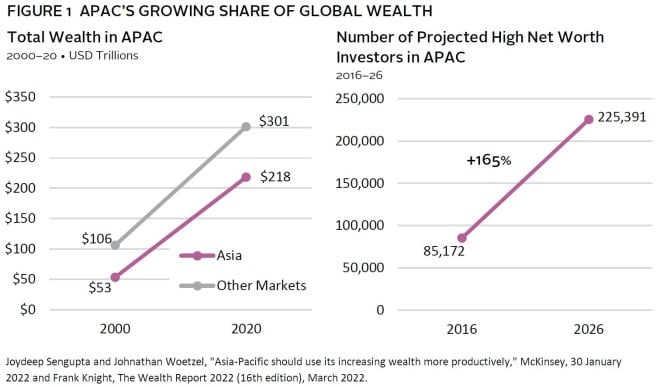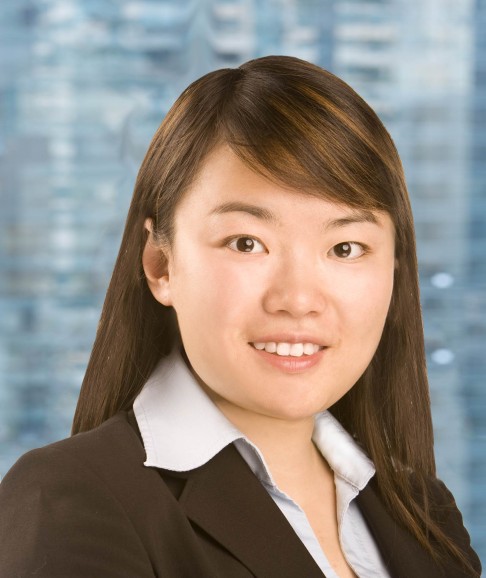
Cambridge Associates: ESG investments gaining traction among families in Asia
- Families do not have to sacrifice returns to incorporate sustainability into investment portfolios

[The content of this article has been produced by our advertising partner.]
For the last 50 years, global investment firm Cambridge Associates has found success by helping its clients—be it private clients, families, endowments, foundations, pensions or sovereign wealth funds—build and manage customised investment portfolios with the aim of achieving returns that consistently outperform the market.
The firm applies the “endowment model” of investing to each portfolio, which espouses principles such as a long-term investment horizon, and an equity-oriented portfolio with diversification and significant exposure to alternative assets.
Indeed, the Boston-headquartered company is one of the earliest proponents of private markets investing and pioneered the use of alternative asset classes in portfolios.
Recently, they have been focused on two emerging trends – the growth of investment opportunities in Asia, as well as the growing number of “next generation” investors in Asia-Pacific, who are now stepping up and taking on responsibilities for their families’ wealth and future well-being.

In each case, what’s needed is a clear understanding of the priorities, pertinent rules and agreed-upon wealth management objectives, based on shared values, strong governance and a well-thought-out, long-term investment policy.
Experience shows that this framework is usually best achieved with the guidance of expert advisers who can explain the possibilities, offer suggestions and anticipate pitfalls, but also allow for fresh perspectives while opening the door to newer kinds of investment.
“During portfolio construction, it is important to consider factors such as diversification, risk management, long-term growth goals and protection against capital loss,” says Judy Zhang, a managing director and head of China client business at Cambridge Associates.

“Depending on the family’s liquidity needs and risk/return objectives, the appropriate allocation between liquid and alternative assets, such as hedge funds or private investments which typically have a long lock-up period, needs to be considered. Achieving an optimum combination of both will help families preserve and grow their wealth.”
Part of that process involves paying close attention to investment opportunities linked to the “power of innovation”. This could be found in anything from technology, healthcare, or the increasingly broad field of ESG (environment, social and governance), which often holds a special attraction for next generation decision makers.
“Interest in ESG or sustainable and impact investing is gradually taking the centre stage across all geographies, including Asia. This was not the case when we first opened our office in Asia over 20 years ago,” says Zhang.
These days, Zhang adds, there are extensive criteria for screening and scoring public companies and fixed-income funds with regard to how well the managers integrate ESG into their investment strategies and processes. These standards can also be actively applied when assessing potential private investments, as well as supporting breakthroughs in sectors ranging from renewable energy, food system, healthcare to infrastructure.

“There used to be a misconception that sustainable and impact investing comes with a tradeoff between impact and risk-adjusted financial return, but we have passed that tipping point. The returns from these social and environmental sectors continue to grow, and a lot of the top-performing funds are now ESG-focused. Many families are starting to recognise that sustainable and impact investing is financially material and can act as both a risk mitigator and return driver within a portfolio. It is possible to do good and do well at the same time.”
Zhang also notes that many next generation investors in Asia are keen to learn from established global families as they build their own lasting family legacy.
“We are privileged to share with these next generation investors the practices that we have gained and lessons learned from our five decades of experience in working with some of the most prestigious and successful families and family offices around the world,” Zhang says.